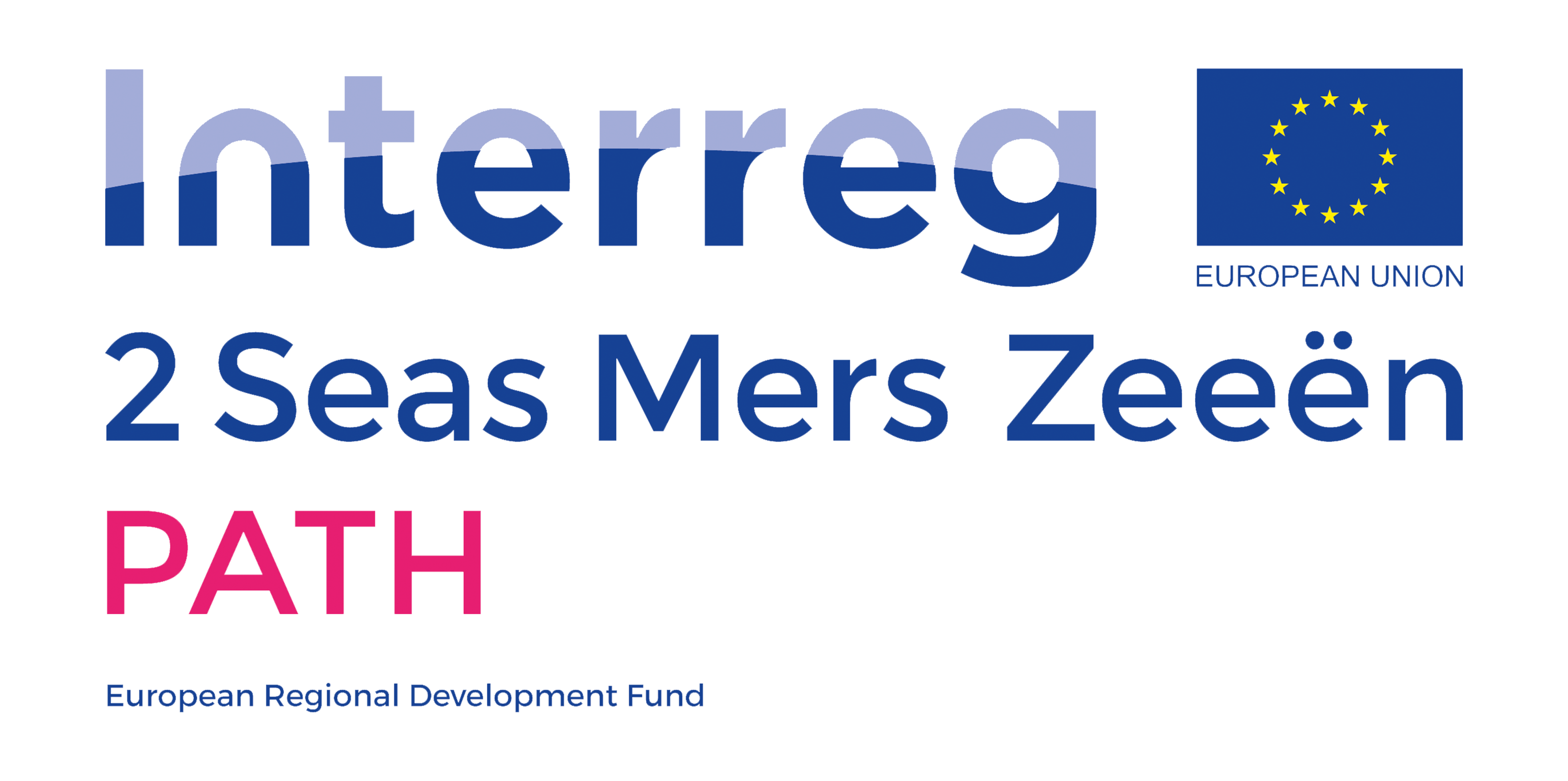What can we do?
Parenting is hard and no one has a manual on how to do it successfully. Feeling overwhelmed or sad sometimes is completely normal, but when these feelings start to become more constant it might be because you are experiencing mild (and in some cases more severe) symptoms of a mental illness.
There is nothing to be afraid of in seeking help if you need to – whether that’s from your family, friends, healthcare professionals or your employer to help make everything a little more manageable.
